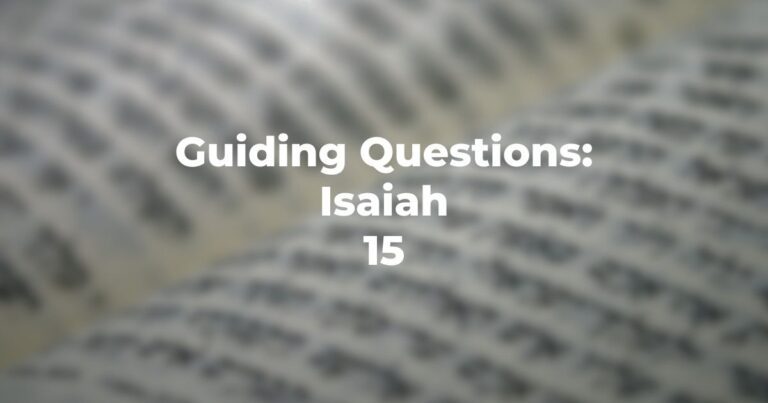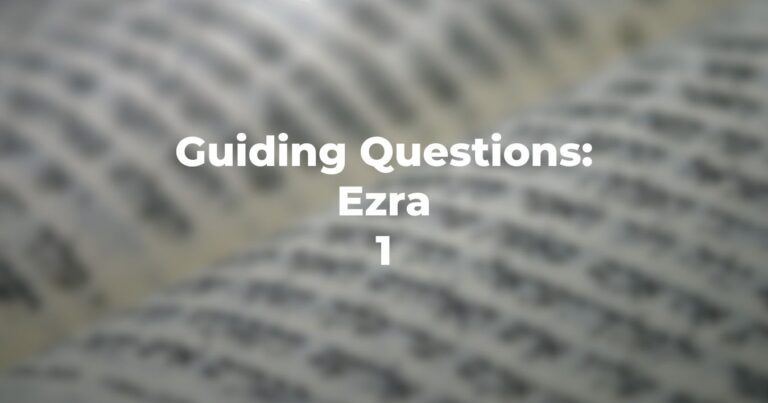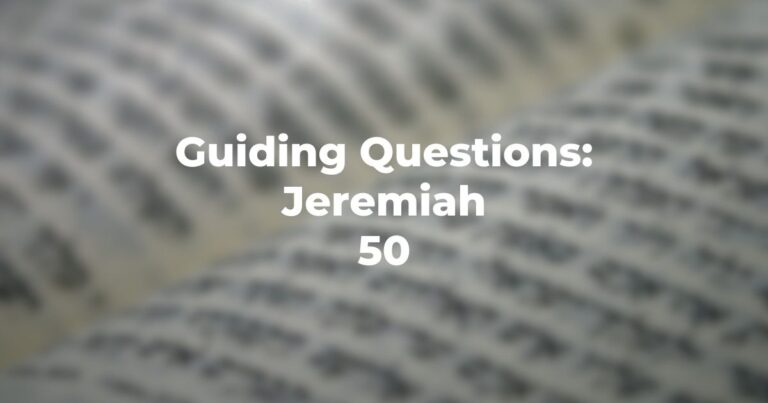- In Psalms 89:1 which praises God, who might be the “author” (see Psalms 89:4-5)?
- Is it possible, then, that the author of this Psalm is a king or ruler in Israel?
- Would the refrains in Psalms 89:7 and Psalms 89:9 indicate that the writer assumes that there are other divinities?
- And, while Psalms 89:12-14 clearly praise God as Creator, does this cancel out the refrain in the earlier verses?
- Once again (Psalms 89:15), what is the singular attribute of the Divine that the Psalmist stresses?
- Where in the liturgy does Psalms 89:16 appear?
- Would Psalms 89:20-26 affirm that the author might well be a king?
- And, if not, how understand Psalms 89:27?
- These verses to be sure, have been read by others in another faith as relating to an entirely different situation. What might that be?
- In Psalms 89:30, there is a reference to “his line” and “his sons” which would clearly indicate that there is reference to lineage. How would this dovetail with the “alternate explanation” of the previous passage?
- From Psalms 89:36-37, is it clear that the line of David (according to this Psalmist) will always be favored by the Divine?
- With the word Selah in Psalms 89:38, what thought is climaxed in connection with David and his line?
- With Psalms 89:39, how does the tone change and what is the Psalmist arguing as to God’s relationship to David?
- In Psalms 89:45, it is clear that what is referred to is an “earthly king”; what passage would document this thinking?
- From Psalms 89:47-53 what is the theme of the Psalmist?
- Psalms 89:53 ends with an expression of firm faith — and, as well, would this not be appropriate since this Psalm ends the third book of the Psalter?
Author
-

Exploring Judaism is the digital home for Conservative/Masorti Judaism, embracing the beauty and complexity of Judaism, and our personal search for meaning, learning, and connecting. Our goal is to create content based on three core framing: Meaning-Making (Why?), Practical Living (How?), and Explainers (What?).
View all posts




